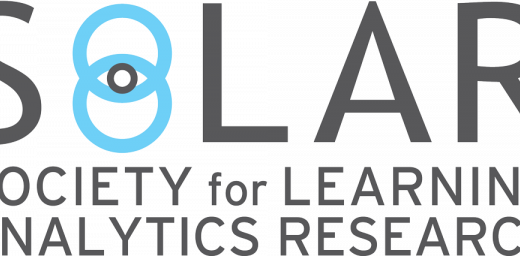New chapter published focussing on attitudes of first-year students related to AI tools.
Delcker, J., Heil, J., Ifenthaler, D., Seufert, S., & Spirgi, L. (2024). First-year students’ usage of and attitudes towards mindless and mindful ai-technology In P. Isaias, D. G. Sampson, & D. Ifenthaler (Eds.), Artificial intelligence for supporting human cognition and exploratory learning in the digital age (pp. 25–40). Springer. https://doi.org/10.1007/978-3-031-66462-5_2
Artificial Intelligence (AI) has an increasing impact on human society. The advancements in machine learning, natural language processing and other fields of AI leads to the development of more and more complex algorithms. Machines are able to automatically fulfill tasks which have traditionally been the domain of humans. These machines, so called AI-robots, have lately found their way into education through the introduction of tools such as DeepL, Quillbot and lately ChatGPT. As of now, research on the influence of AI-tools on teaching and learning processes, but also the required competencies to work with those tools, has been scarce. The research work examines the usage of AI-tools and attitudes towards AI-tools of first-years students, considering two main types of AI-tools. These AI-tools can be distinguished as mindful and mindless robots, depending on their functionalities and capabilities. The results show that first-year students prefer mindless AI tools over more human like tools. The difference between the type of tools has a medium sized effect on the preference of the students. Additionally, their attitude towards AI technology does not have a statistically significant influence of their willingness to use AI technology.


